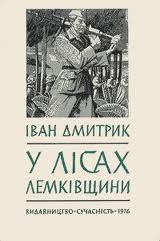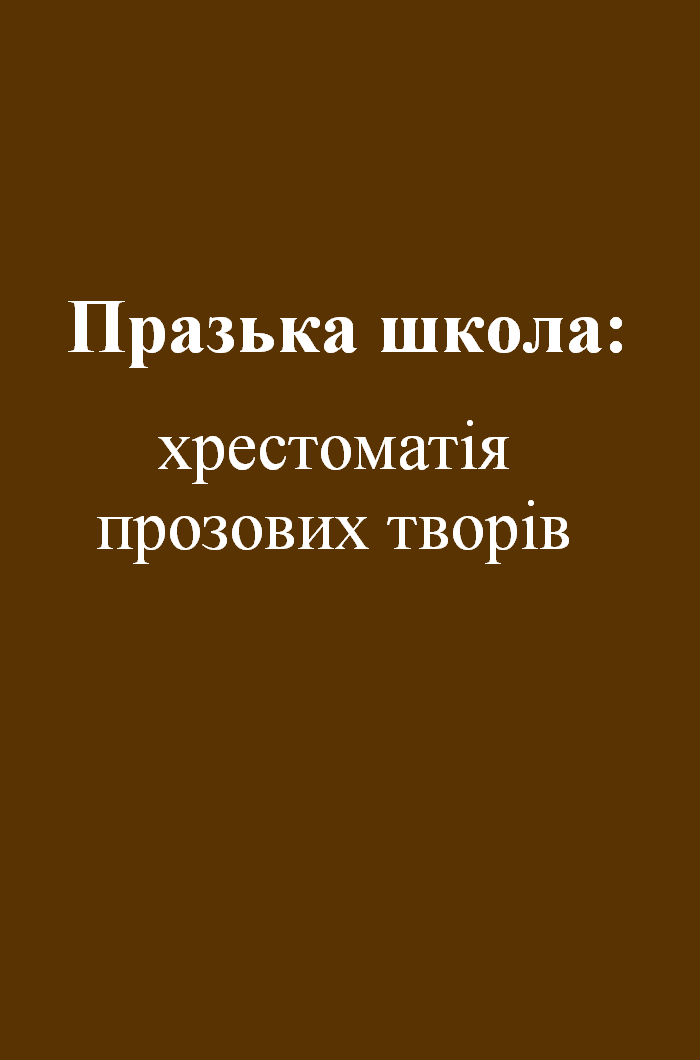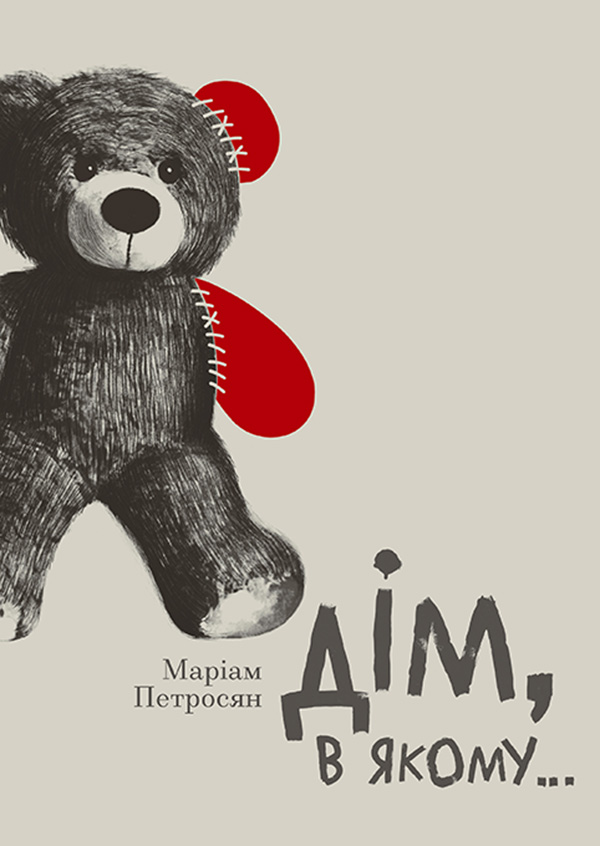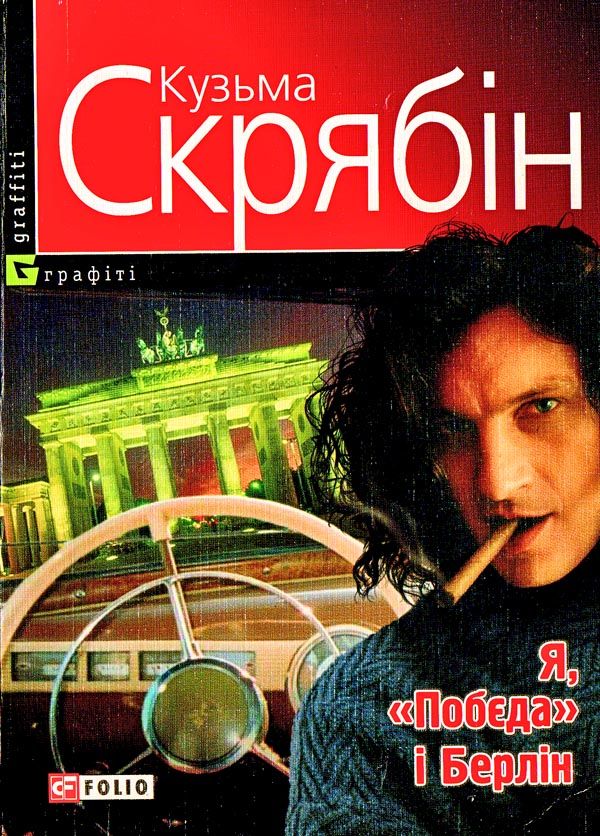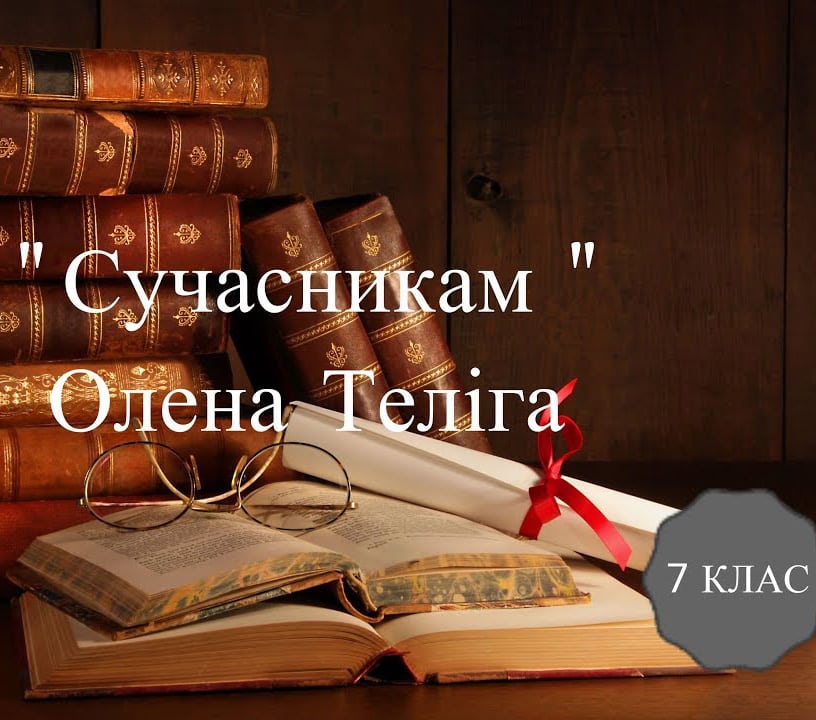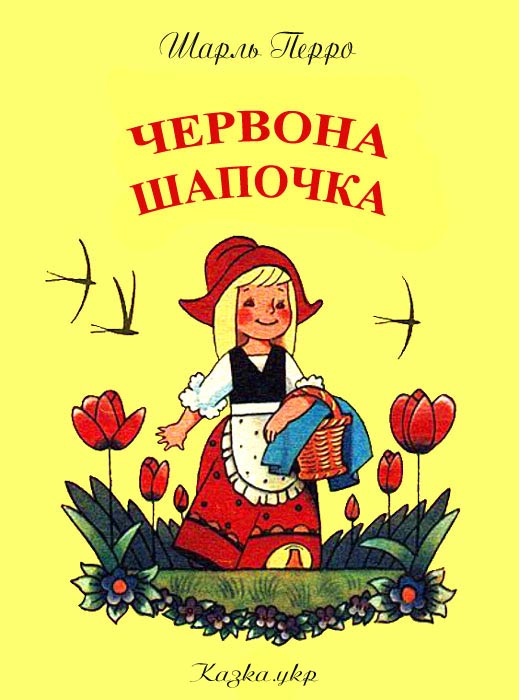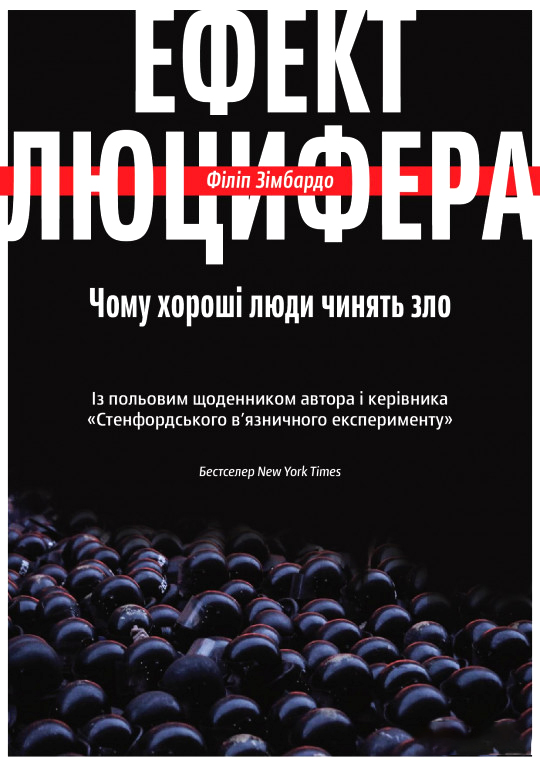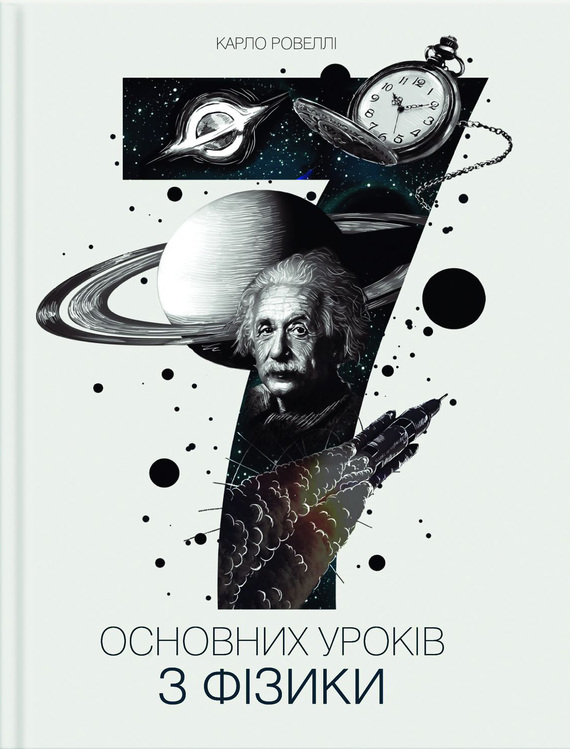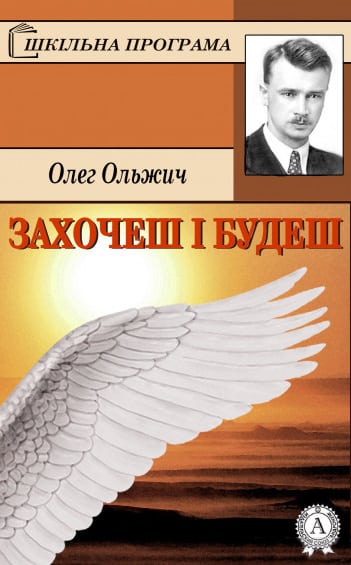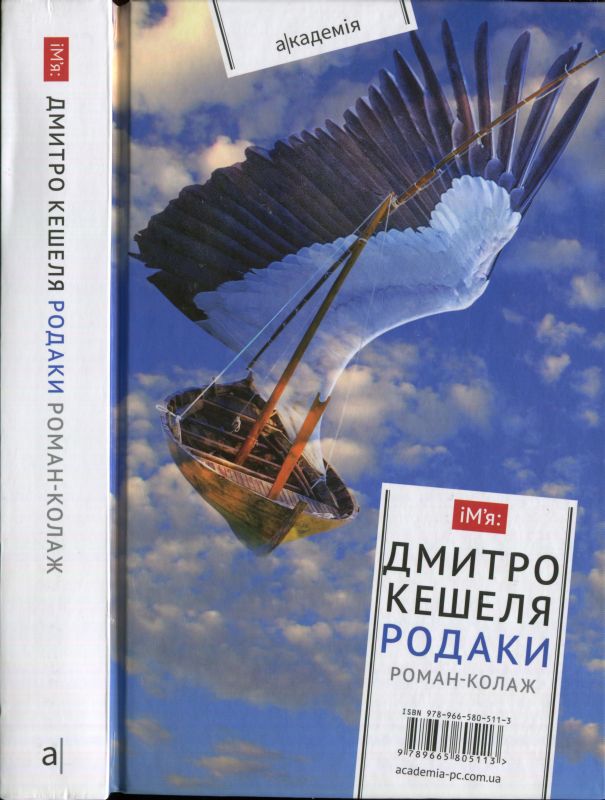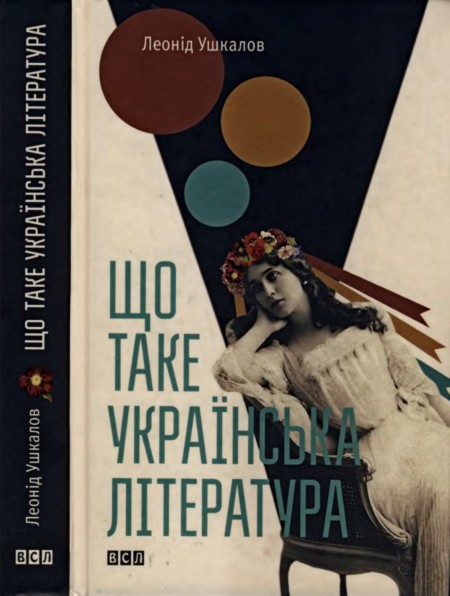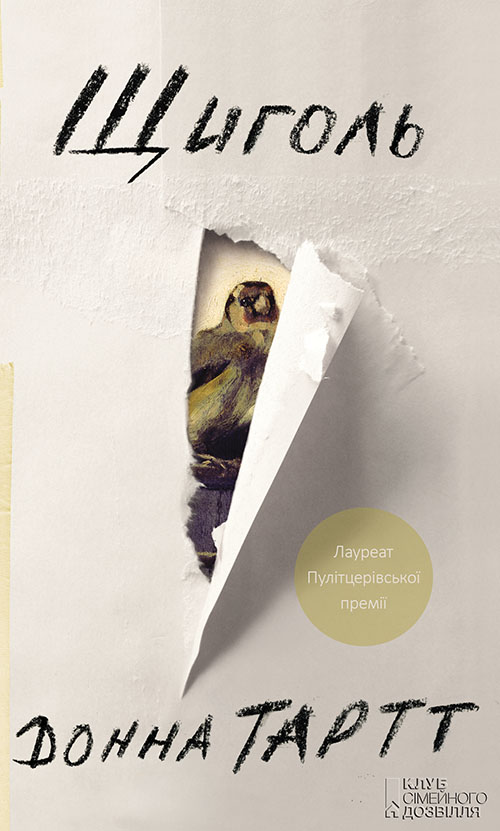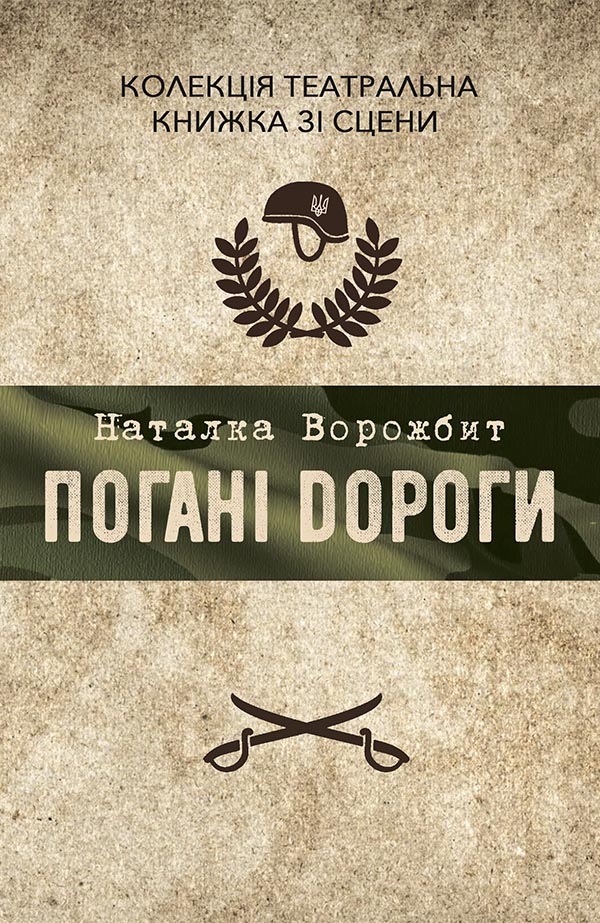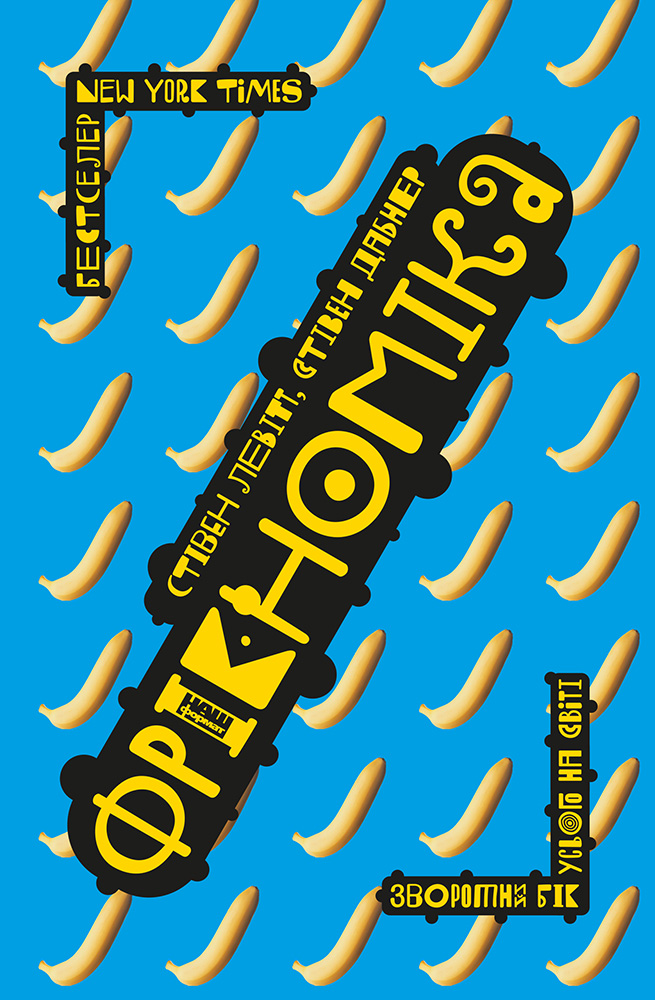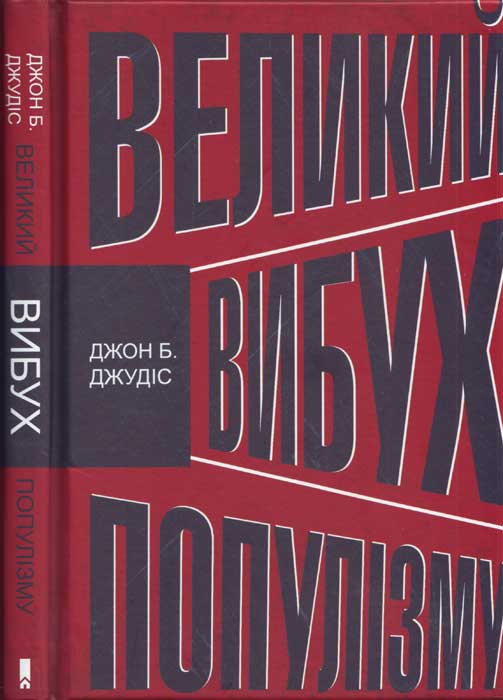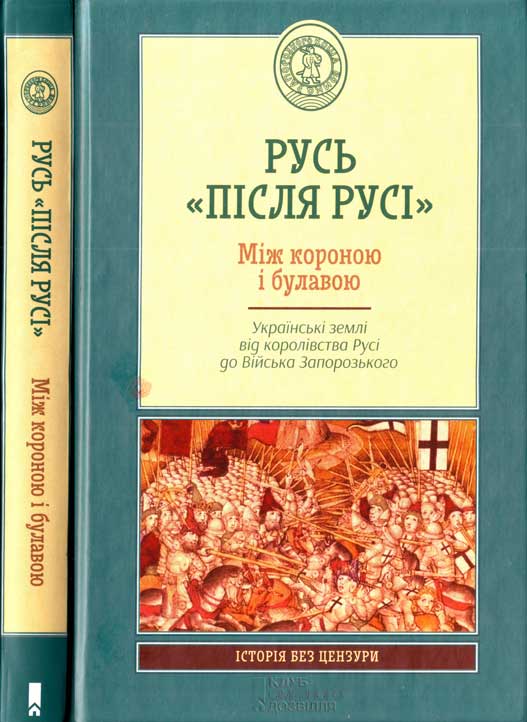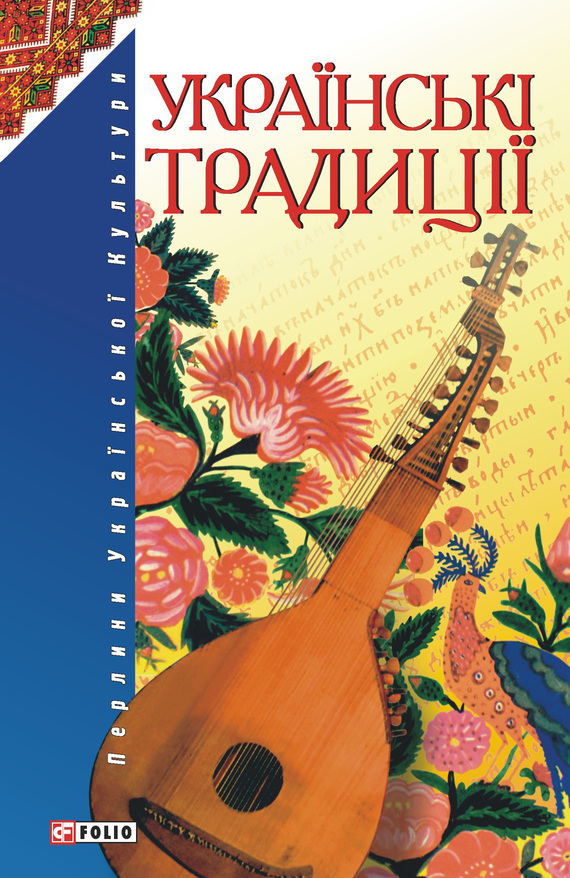Читати книгу - "Genghis Khan and the Making of the Modern World"
Шрифт:
Інтервал:
Додати в закладку:
After that day, Hoelun would have a long and eventful life ahead of her, but she was indeed destined never again to see her first love. As he fled his wife’s kidnappers, Chiledu clutched her blouse to his face and turned back to look at her so many times that his long black braids beat like whips back and forth from his chest to his shoulders. As she saw her husband ride over the pass and slip forever from her sight, Hoelun gave vent to the full emotion of her heart. She screamed out so loudly, according to the Secret History, that “she stirred up the Onon River” and “shook the woods and valley.”
Her captor and the man destined to be her new husband was Yesugei of the small and insignificant band that would one day be known as the Mongols, but at this time he was simply a member of the Borijin clan, subservient to its more powerful Tayichiud relatives. Even more troubling for Hoelun than the status of her captor was that he already had a wife or concubine, Sochigel, and a son with her. Hoelun would have to struggle for her position within the family. If she was lucky the two women probably lived in separate gers, the domed tent homes made of felt blankets tied around a lattice framework, but they would have been in close daily proximity even if not in the same ger.
Hoelun grew up on the wide, open grassland where one could see over vast expanses in any direction and where great herds of horses, cows, sheep, and goats grazed and grew fat during the summer. She was accustomed to the abundant and rich diet of meat and milk offered by the life of the steppe. By contrast, the small tribe of her new husband subsisted on the northern edge of the herding world, where the steppes pushed up against the wooded mountains, without enough grassland to feed large herds. She would now have to eat harsher hunter’s foods: marmots, rats, birds, fish, and the occasional deer or antelope. The Mongols claim no ancient and glorious history among the steppe tribes. They were considered scavengers who competed with the wolves to hunt down the small animals, and, when the opportunity arose, steal animals and women from the herders of the steppe. Hoelun would rank as little more than captured chattel by them.
According to an often repeated account, Hoelun’s first baby supposedly struggled into the world tightly clutching something mysterious and ominous in the fingers of his right hand. Gently, but nervously, his young mother pried back his fingers one by one to find a large, black blood clot the size of a knucklebone. From somewhere in his mother’s warm womb, this boy had grasped the blood clot and brought it with him from that world into this one. What could an inexperienced, illiterate, and terribly lonely young girl make of this strange sign in her son’s hand? More than eight centuries later, we still struggle to answer the same questions that she had about her son. Did the blood clot represent a prophecy or a curse? Did it foretell good fortune or evil? Should she be proud or alarmed? Hopeful or fearful?
In the twelfth century, dozens of tribes and clans lived on the steppe in, as is characteristic of nomadic people, shifting combinations. Of all the steppe tribes, the Mongols’ closest relatives were Tatars and Khitan to the east, the Manchus yet farther to the east, and the Turkic tribes of central Asia to the west. These three ethnic groups shared a common cultural and linguistic heritage with some of the tribes of Siberia, where they possibly all originated. Located between the Tatars and the Turkic tribes with whom outsiders often confused them, the Mongols were sometimes known as Blue Turks or as Black Tatars. As speakers of Altaic languages, named for the Altai Mountain range in western Mongolia, their languages bore a distant similarity with Korean and Japanese, but none with Chinese or the other tonal languages of Asia.
Although the Turkic tribes and Tatars had coalesced into several tribal confederacies, the Mongols were divided into many small bands headed by a chief, or khan, and loosely based on kinship ties. The Mongols themselves claim a distinct identity from the Turkic and Tatar groups. They asserted, then and now, a direct descent from the Huns, who founded the first empire on the high steppe in the third century. Hun is the Mongolian word for human being, and they called their Hun ancestors Hun-nu, the people of the sun. In the fourth and fifth centuries, the Huns spread out from the Mongolian steppes to conquer countries from India to Rome, but they were unable to sustain contact among the various clans and were quickly assimilated into the cultures they conquered.
Shortly after he had kidnapped Hoelun, Yesugei had gone on a campaign against the Tatars and killed a warrior called Temujin Uge. Returning just after the birth of his son, he named the boy Temujin. Since people of the steppe received only one name in life, its selection carried much symbolism, often on several levels; the name imparted to the child its character, fate, and destiny. The bestowal of the name Temujin may have stressed the lingering enmity between Mongols and Tatars, but much scholarly and imaginative discussion has surrounded the precise meaning of Temujin’s name or what was being conferred upon him by his father. The best hint of
Увага!
Сайт зберігає кукі вашого браузера. Ви зможете в будь-який момент зробити закладку та продовжити читання книги «Genghis Khan and the Making of the Modern World», після закриття браузера.
